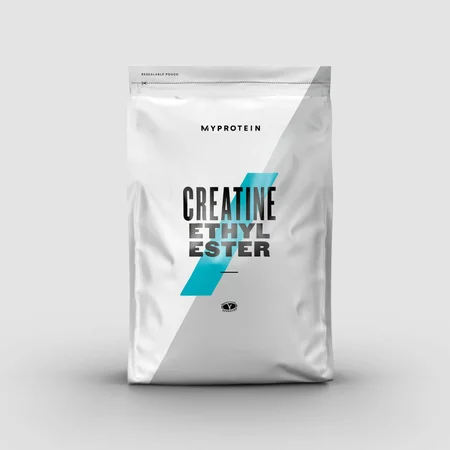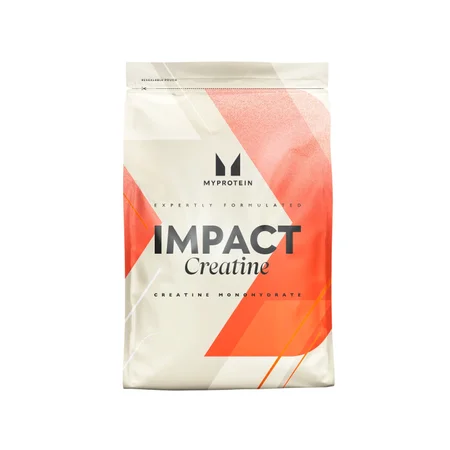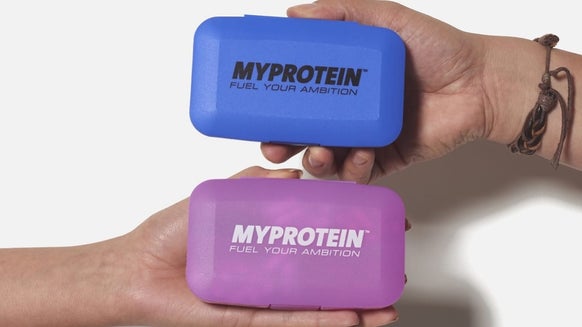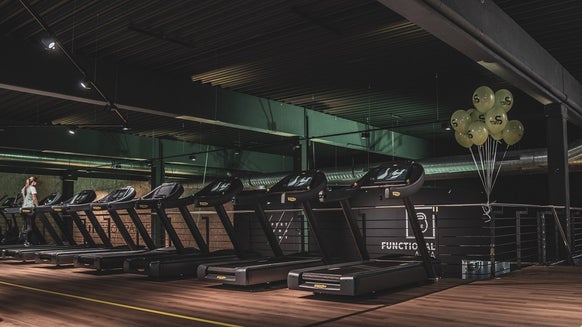Does Creatine Cause Acne? | Get The Facts Straight!
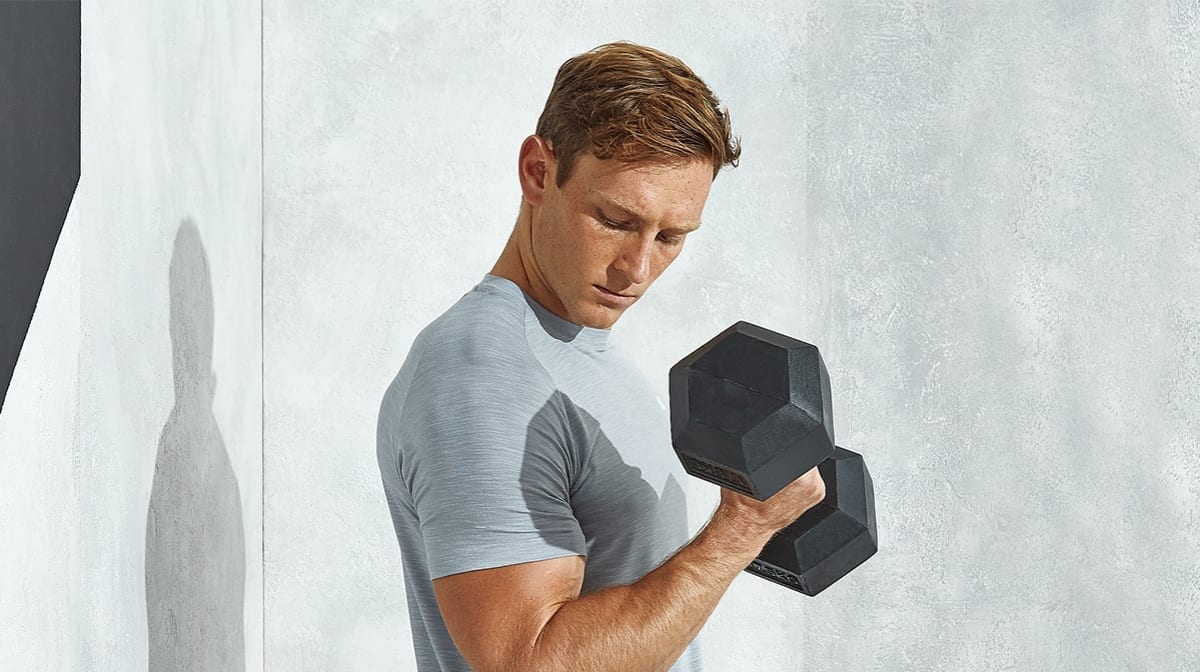
We've all heard of it or used it, the cheap and easy-to-take supplement that has more studies backing its efficacy than any others on the market. Creatine has held this title for decades whether it be in the respect of helping build muscle or increasing brain health (it actually does).
It wasn't until recently that rumors of such have surfaced, linking creatine to negative side effects nobody even considered before besides possible dehydration or lack of benefits (i.e. nonresponders). The most likely side effect you've heard of is probably possible hair loss in certain individuals, but that's not what we will be talking about in the article. Possibly influenced by the same bodily mechanisms though, it is being hypothesized that creatine might actually cause acne.
In this article, we will find out if there is any truth to this claim and who might be more at risk than others...

Why Would Creatine Cause Acne?
Creatines main purpose in the body (and most likely the one you've heard about from friends or somewhere online), involves shuttling water into muscle cells. Without going deep into the science of this, creatine consumption directly increases the amount of ATP produced by your muscles. This allows you to exercise harder and push yourself a bit more, maybe by grinding out one or two more reps in the gym or sprinting a second or two faster on the track.
In the grand scheme of things, creatine won't give you a tremendous boost in your strength and endurance but will be noticeable when supplemented correctly (5 grams daily). This is the benefit we have known about since it's first been studied, but more recently we have discovered some additional effects of creatine supplementation including an increase in testosterone by about 20%, an increase in IGF-1 (insulin-like growth factor) by about the same, 20%.
In comparison, anabolic steroids increase testosterone anywhere between 1000%-2000% depending on your dose (where you will definitely see a large benefit).
There is one more hormone that is increased by creatine supplementation though, that might have the greatest reason for researchers to think it might cause acne. Dihydrotestosterone (better known as DHT), is a byproduct of testosterone and has been shown to increase as much as 50% in those who supplement with creatine. So far, it has been shown in research that those who are prone to hair loss actually suffer an increased rate of loss when DHT levels are elevated.
While not proven, it can be hypothesized that these same mechanisms that increase genetically induced bodily side effects might be the same for acne. Simply put, the increase in natural hormones from creatine supplementation in those who are predisposed to having hormone driven acne might suffer more breakouts or make current breakouts worse.

Take Home Message
The current recommendations for those who think they might go bald eventually are to be more cautious about creatine use. This recommendation should probably be extended to acne as well. Meaning if you have had acne in the past or still do, either don't supplement with creatine unless the benefits outway the possible risks for you, or possibly conduct an experiment on yourself.
If you have acne and are currently taking creatine, simply take a few weeks to maybe a month off and see if your overall facial clarity increases. Or perhaps if you have clear skin but aren't sure if creatine will cause you to breakout, add the supplement alone (don't change any other part of your diet or add any more supplements) and judge your skin clarity after a few weeks or a month.
The benefits of creatine are well known and when added to a proper diet and hydration routine it is very safe to include. Everyone who is interested in its strength/endurance or mental benefits should most definitely give pure creatine monohydrate a try, as long as you are okay with the possible side effects that might come along with it. If you are not okay with the side effects, try the experiment anyway and see how your body reacts, as this is a supplement everyone should at least try!

Alice Pearson is a UKVRN Registered Associate Nutritionist and UK Anti‐Doping accredited advisor, having obtained a Bachelor’s of Science in Nutrition and a Master’s of Science in Sport Nutrition. She has a specialist interest in the use of sports supplements for improving health, fitness, and sport performance. Alice has experience working with both amateur and elite athletes, including providing nutritional support to Tranmere Rovers FC and Newcastle Falcons Rugby Club. Her nutritional guidance is always supported by evidence‐based research, which she keeps up to date through continuing professional development and independent learning. In her spare time, Alice loves travelling, hitting the gym, and getting stuck into a good book. Find out more about Alice's story here.
